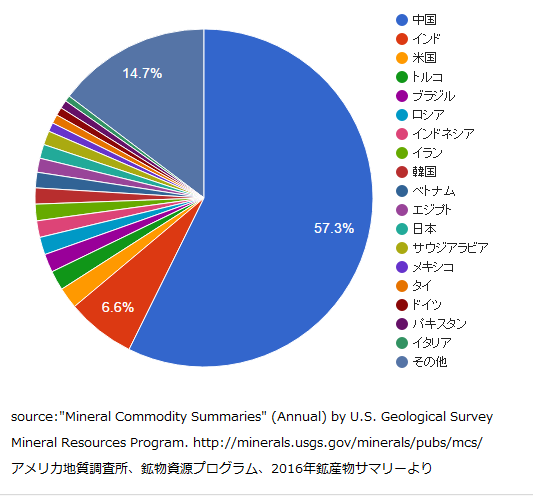Dollar-denominated bonds in Lebanon rose over 1% Monday after the dramatic fall of Syrian president Bashar al Assad. In a lightning-fast offensive, rebels captured Damascus.
Investors expect Assad to leave, and the implications of that for Iran’s regional power, will weaken Hezbollah, and pave way for economic and politic stability in Lebanon.
Reuters reported that Tradeweb data showed the country’s 2029 bonds had the biggest gain, with the bond rising by 1.05 cents, to 11.78 cents per dollar, its highest level since December 20,22.
Despite the recent surge in Lebanese bonds, they remain distressed. This is a reflection on the ongoing challenges of Lebanon’s political and financial systems.
Hezbollah and Iran are both weakened by Assad’s fall
The collapse of Assad’s government is a major setback for Iran. It loses a key ally in its “arc of influence” in the region and a vital supply route to Hezbollah, in Lebanon.
Analysts believe this could reduce the security risks for Israel, and lead to a more market friendly government in Lebanon.
Hasnain Mahlik, of Tellimer Research, told Reuters that “this undermines Hezbollah even further. This could mean lower security risk for Israel and an atmosphere conducive to reforms in Lebanon.”
Hezbollah may be forced to take a more positive stance, as it is a major player in the protracted political deadlock in Lebanon.
Since October 2022 the country has been without an elected head of state and a fully-empowered cabinet, despite being in one of the world’s worst economic crises.
Global reactions to Syria’s regime change
The regime change in Syria has energized the markets in the region.
Brent crude gained 1.3%, trading at $72 per barrel, while West Texas Intermediate rose 1.5%, to $68.18.
As markets reacted to the geopolitical change, gold and other commodities, such as stocks in companies such as Antofagasta or Rio Tinto, saw gains.
Turkish construction stocks, especially cement and steelmakers, also rose as investors anticipated their participation in Syria’s rebuilding after the conflict.
Oyak Cimento (owned by Turkey’s Army Pension Fund) surged 9.9%, closing at 20,92 liras in Istanbul trading. Cimsa (a prominent cement producer under Sabanci Holding) rose up to 10%.
Isdemir – a major steel manufacturer – and Limak Dogu Anadolu Cimento – a cement producer jumped each by 10%.
The surge in Turkish Construction Stocks reflects investor expectations of Turkish firms playing a pivotal part in rebuilding Syria’s infrastructure and housing, leveraging geographic proximity and industrial expertise.
Expert Take
Jason Tuvey is the deputy chief emerging market economist at Capital Economics. He tempers optimism by pointing out that,
Many people, outside of Russia and Iran, have welcomed the fall of Syria’s President Bashar al-Assad. However, a key lesson learned from other Arab Spring countries shows that hopes for a shift to a liberal, Western style democracy are likely be dashed.
He added that “the implications for the global energy and economy markets of the events in Syria will likely be limited,” although they could represent a major shift in geopolitical sands within the region.
Lebanon will benefit from a renewed focus on rebuilding the Levant and potential political reforms in Syria – provided stability follows.
Investors and analysts will closely monitor how these developments affect the fragile balance of the region in the coming week.
This article was originally published on ICD.
This site is for entertainment only. Click here to read more






